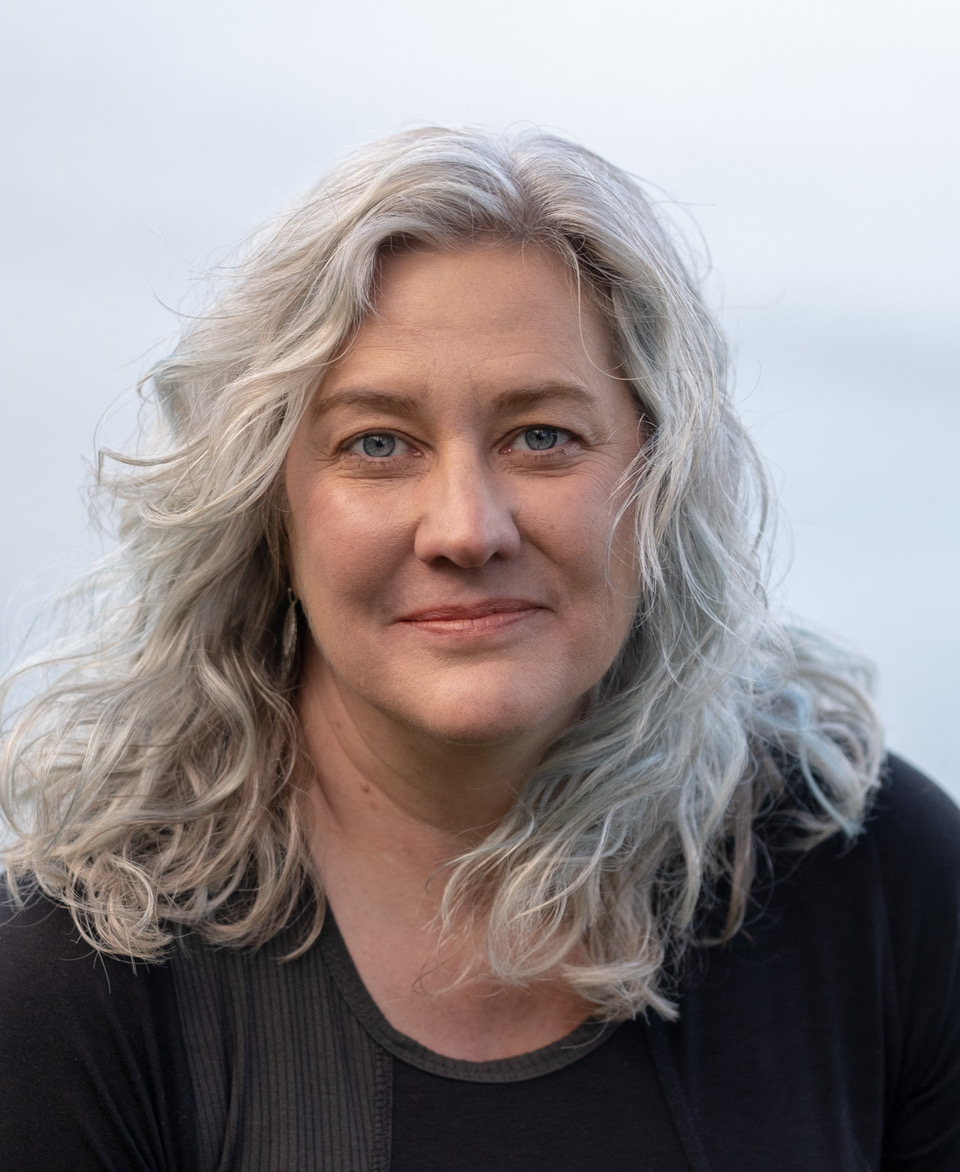
Doctor and professor of public health Wendy Johnson saw in her medical practice people who thrived against all odds, and those who suffered grave challenges due to environmental factors like toxicity, poverty, stress, loneliness, and isolation. Her new book, Kinship Medicine, explores the reality that 80% of our health is determined by factors outside of us—which are largely ignored by our industrialized medical system. What’s missing is ecological thinking, an understanding ourselves as part of an environment—from our microbiome to our community, to the ecosystem in which we live.
Dr. Johnson will be speaking in Santa Fe, NM, on Wednesday, July 15, at 6:00pm at Tumbleroot Brewery, with yours truly hosting, and at many locations across the US in the coming months; click HERE for the calendar.
2’37 parallels between regenerative agriculture and “kinship medicine”
3’28 80% of our health is determined by our environment, not just biology and genetics
4’43 the effect of social and environmental factors on people’s health
7’52 the way the health care system treats depression—they never ask “why?”
9’40 parallels between the industrialization of agriculture and the industrialization of medicine
11’07 examples of mechanistic thinking and its limitations compared to holistic thinking
12’48 the separation of mind and body gave way to modern medicine, which separate mind and body
14’50 the importance of the human microbiome
15’41 the exclusion of most people from practicing medicine in the name of “professionalizing” medicine
17’23 new/old paradigms emerging in medicine, agriculture, and many other areas
17’51 the metaphor of body as a garden
19’15 for human heath we need strong communties and families, clean water, clean air
21’13 forming a strong doctor-patient relationship
22’01 respecting what the patient’s wishes, building trust and not forcing
22’45 the power of the placebo effect is based in trust
24’08 the effect of inequality on human health
27’47 Roseto, Pennsylvania, and their good health
30’17 everyone needs a community to survive
31’10 the problems of isolation, loneliness, mistrut
33’39 Timothy Morton, “ecological thinking”—start thinking about each other in our communities
34’41 we can all be connected in webs of mutual aid, including people and our environment
38’09 the idea of humans as a keystone species
39’04 shifting toward ecological thinking
41’26 keeping the balance of western and other ways of thinking
42’18 the benefits of western medicine
44’02 upcoming events related to the book
44’45 wendyjohnsonmd.com



Subscribe:
Apple Podcasts
Spotify